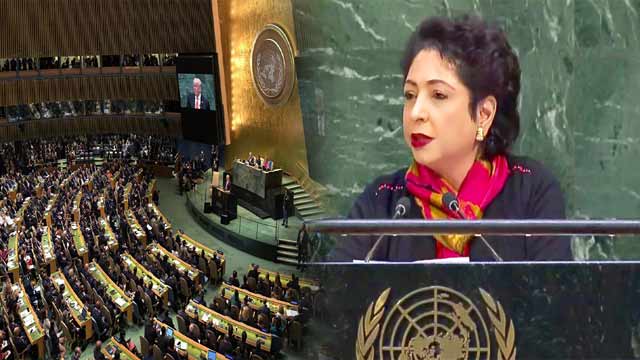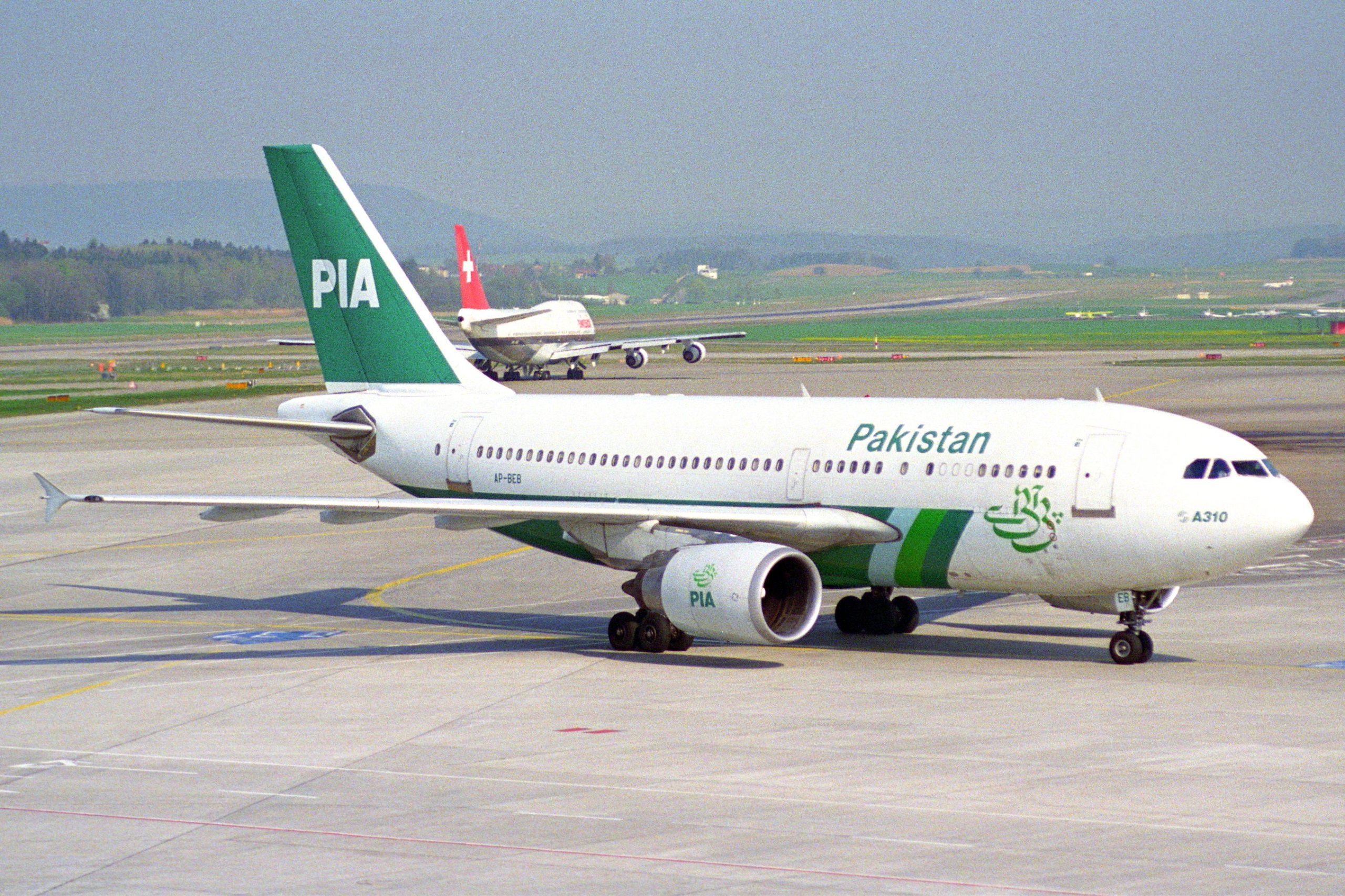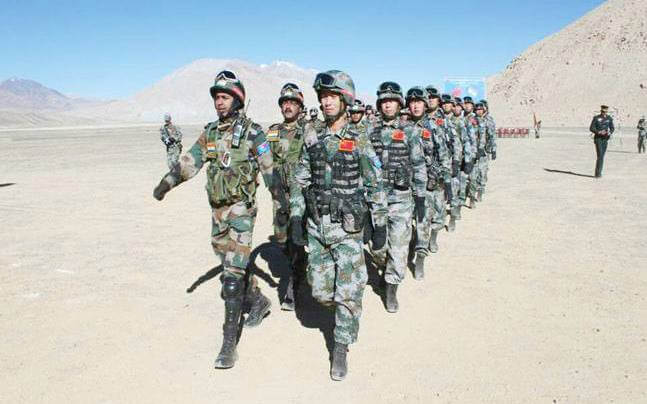Dialogues with North Korea have stuck again as Pyongyang has boosted up its ballistic missile test, increasing challenges for the liberal government of South Korean President Moon Jae-in, which against all odds helped bring about the US-North Korea nuclear talks in 2018, but can now do little to help move them forward.
Relevant: 5th Missile Test by North Korea over the course of two weeks
“The problem should be dealt with by the end of the year,” Song Young-Gil, a South Korean lawmaker and member of President Moon’s Democratic Party said. “Mr. Trump may say timing doesn’t matter, but there isn’t enough time,” he added.
North Korea has set an end-of-year deadline for Washington to change its approach to the talks, which have been hanged since a Trump-Kim summit in February that tore down over a policy of pairing sanctions relief with steps to stop North Korea’s nuclear program.
Kim has agreed to restart negotiations after US-South Korea military drills, according to President Trump. But both sides refrained from softening their stance. And it’s not obvious at the moment, what an upcoming Trump-Kim convention could accomplish, if not supported by more working-level negotiations.
“(Trump and Kim) have already had three summits. It’s not like they can call on the Pope or God to help them now. There is no final card for them to play,” says Song, a member of the National Assembly’s Foreign Affairs.
Putting the US-North Korea dialogues back on track is a top priority for Moon, who is in power until 2022. But with a US presidential election just over a year away, Moon may soon greet a new partner in Washington that is less supportive of talking directly with Pyongyang.
Meanwhile, Trump is making matters worse for Moon as he explicitly using the threat of North Korea to ramp up pressure on Seoul.
In a tweet last week, Trump said South Korea agreed to pay “substantially more” for the cost of US protection from North Korea. Seoul quickly responded back, saying cost-sharing talks had not yet begun.
Trump has long complained South Korea isn’t paying enough for the cost of the 28,500 U.S. troops deployed there. According to local sources, the US recently demanded South Korea to increase its share by multiple of five.


























Leave a Reply